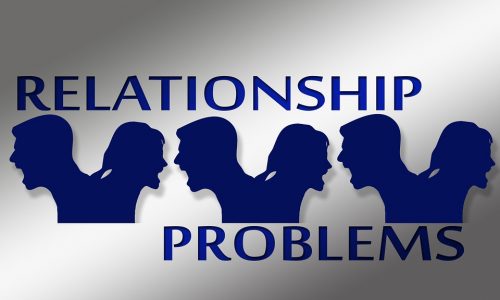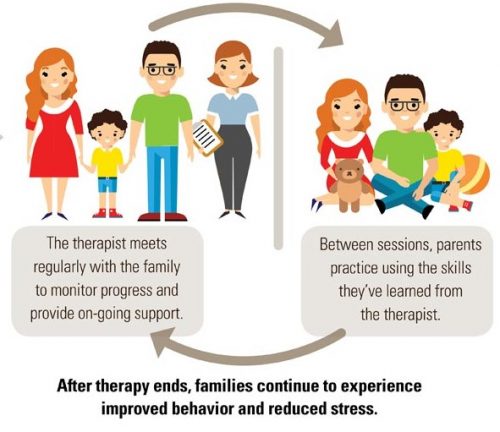
Parental alienation is a severe act committed by one parent to another while their children are caught in between. The moment one parent commits alienation, it can be challenging to reverse primarily because the act of severing marriage ties in a despicable manner and including the kids in the process is tantamount to ongoing mistrust and anger. Just as Sharie Stines, PsyD said, “some of the alienated parents I’ve worked with have called this a battle, while others found this term too light and preferred “war.” Even when you don’t want to fight with your co-parent, their behavior may force you to take action to maintain custody or visitation of your children.” For this reason, counseling is put into play.
What Counseling Means To Parental Alienation
When a parent who has been alienated is attempting to re-enter his or her child’s life, the conflict will immediately arise. Regardless of the intention for estrangement or the incentive for coming back, the primary goal of counseling is to help repair families and people who were deeply affected by the separation in the most therapeutic way possible.
A lot of children, especially those who are undergoing puberty, are unable to fully understand the reasons why the other half is returning to their lives after all the nasty things that occurred. This scenario is quite complicated especially if parental alienation has been so ingrained that the child’s perspective regarding the alienated parent has been entirely on the negative side. Mark L. Goldstein, Ph.D., says that “when alienation is severe, the child often refuses to see the other parent, even though there is no evidence of physical or sexual abuse and no obvious emotional abuse. In addition, the child will usually be unable to provide even one positive quality of the other parent (In one case, I reminded the child that her father would take her to a toy store every visitation and let her choose a present. She responded that he should have allowed her to have unlimited gifts, and as a result, was still “all bad.”).”
Likewise, conflicting parents who have decided to reconcile are often baffled why children find it difficult to accept the other parent back into their lives; then the struggle becomes more complicated than expected. Counseling deals with this kind of family dilemma that usually manifests when the parent who was alienated decides to reclaim their right or repair a broken relationship with his or her significant other.
Expectations In Parental Alienation Counseling
Methods and treatments that are used to confront and console various parental issues are dependent on the circumstances the family is encountering. Counselors often use customized approaches to meet family needs and address complications.
In a way, counseling for parental alienation has various forms – individually, with the child or children, or as a family. Initially, both parents are required to attend the session first to gain a better comprehension of what happens during therapy, the parameters to be followed, and what to expect after the program.

When To Seek Counseling
The thing about parental alienation counseling is that it’s not that popular and is sometimes known by the mandate of a judge or if recommended by other family-related groups and agencies. But as responsible parents who are mainly concerned about their children’s psychological and emotional welfare, they can easily schedule a meeting with a therapist whose specialty is dealing with family issues like parental alienation.
One of the main reasons why parents opt for family therapy is due to their children’s behavior that often leads to a number of consequences, such as mental illness, addiction, suicide, and other factors that are detrimental to their overall safety and well-being.
Other reasons to seek therapy after going through parental alienation are:
- When both parents want to make amends and make their marriage work
- When children display worrisome behaviors like self-harm or cutting
- When the alienated parent wants to reconnect with his or her children
- When children manifest physical symptoms like panic attacks, disrupted sleeping pattern, and eating disorders
- When school performance and relationship with friends are severely affected
- Alcohol or substance use

A divorce counseling professional believes that parental alienation therapy can be quite overwhelming at first. As parents who have undergone a painful moment in their lives and can surpass it, recovery is never easy. Therefore, family therapy is recommended. If unsure, you can always schedule a meeting with a therapist and air your concerns to gauge if a professional relationship can be formed for the sake of your children and if you can possibly rebuild your family. According to Susan Heitler, Ph.D., “while initial preparatory individual sessions may be helpful, treatment of alienation begins with therapeutic parent/child interactions. The therapists’ job is to foster positive parent-child connecting. One technique is to ask the parent to bring memorabilia of fun prior experiences they can recall together.”
